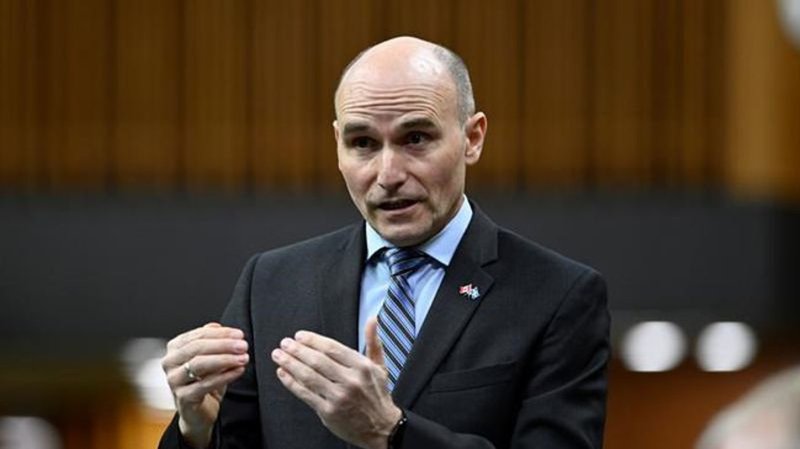
More people with greater needs driving $7B increase to dental-care cost
OTTAWA — The federal government now expects far more Canadians with long-overdue dental needs to sign up for its insurance plan, and the health minister says that’s why the estimated cost has risen by $7 billion.
In its 2023 budget Tuesday, the government revealed the federally-administered insurance program will be far more expensive over the next five years than it originally thought.
It is also projecting that ongoing costs after that will more than double, to $4.4 billion per year, up from $1.7 billion.
Duclos said administration costs have not contributed to driving up the price.


